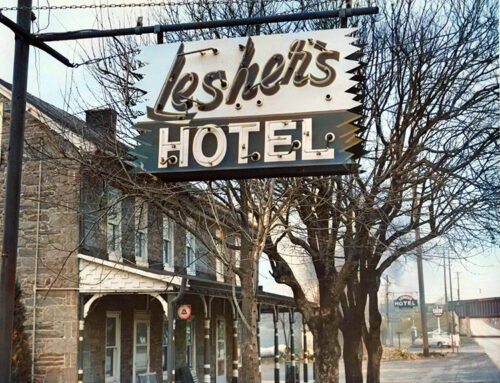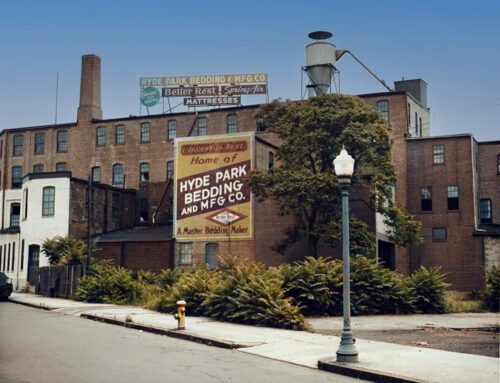In 1976, due to the rise of larger macro breweries, Reading Brewing Company ceased operations. The following article appeared in the April 15, 1976 edition of the Reading Times newspaper.
The Reading Brewing Co. was filling its Bergheim cans today with premium air.
That’s right, air. The beer was gone Wednesday.
The Reading Brewing Co., which reopened in 1933 when Prohibition ended, ceased its manufacturing career today. The machinery has been operated for the last time.
The brewery stopped production on March 24. The last of the beer was canned Wednesday but there were a few Bergheim cans remaining.
The company was sealing the cans for eventual tale to souvenir hunters. Only the Bergheim cans have air. The Reading cans contain beer.
The 50 employees in the plant today were not celebrating the end of a company. In fact, they realize that, on Monday, their ranks will be cut in half. Those remaining will go later on.
Some are bitter about the closing. They feel the company’s management could have made an attempt at keeping the company afloat.
Management, however, tells a different story. The company was beginning to lose money. The giants in the industry had destroyed all future for a small brewer.
The only alternative was to leave the business now, before bankruptcy, before embarrassment, before a loss of pride.
Some of Reading’s employees have found other jobs. Others may take early retirement. Others simply don’t know what to do.
“I’ll go looking for a job,” remarked Francis Sattler, 59, of 1736 Liberty Ave., Kenhorst, a veteran of 40 years with Reading. “I don’t know if they’ll take me or not”
“I don’t know what I’ll do.” remarked 58-year-old Dominic Lombardo of Reading R.D.l, 34 years with the company. “I think I’ll have to collect.”
Mechanics have a somewhat brighter future. Other breweries and bottling plants in the area sorely need qualified mechanics.
“I have some prospects,” explained Herbert Wenrich of 134 Elm St. He is 55 years old with 34 years experience as a mechanic.
Some employees may decide on early retirement. Their retirement benefits, however, are determined by the Teamsters local which represents them.
The company does not have a pension program for union employees but rather contributes to the union plan.
Management employees have a company pension plan. They have been notified that the Company has discontinued the plan. Their pensions now rest with the Pension Benefit Guarantee Corp., a new federal agency.
Three years after Reading Brewing Co. reopened following Prohibition, it was producing 2,000 cases a day. A few years ago it was pouring out 15,000 cases a day. Six months ago production was 10,000 cases a day.
The volume had started to drop off and so did profits.
The owners decided the future wasn’t there, especially with the brewing giants flooding the market.
Prohibition didn’t kill the Reading Brewing Co. Too much beer pouring forth from the competitors simply drowned the firm.

In 2019, Sly Fox acquired the rights to the recipes and label of Reading Brewing Company and Reading Premium Beer. Reading Premium Beer is now back on the shelves!





